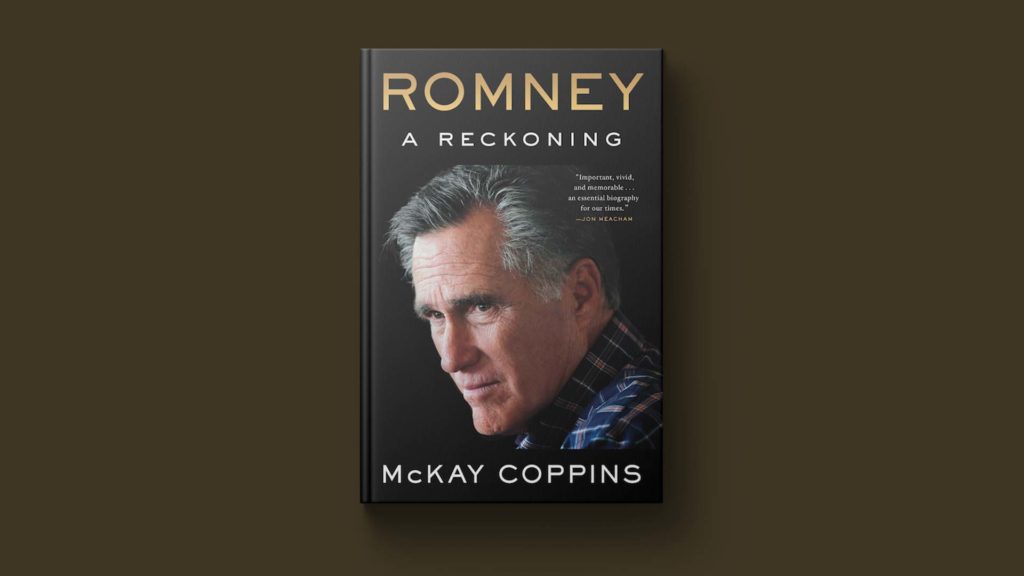
Lisa Desjardins:
That's right, Amna.
And the result of those intimate conversations is McKay Coppins new book, "Romney: A Reckoning."
And McKay joins me now.
McKay, lots of headlines from this, but Mitt Romney here is not just reckoning with his party, but also reckoning with himself in some ways. And I wonder, can you pick a revealing moment that shows sort of this restless quality that comes through in the book, and how this affects a historic figure making big decisions throughout?
McKay Coppins, Author, "Romney: A Reckoning": Yes, it's interesting.
One of the things that drew me to him as a subject was that, especially in the wake of January 6, he was really going through a process of trying to understand how his party had become the way it was and whether he played any role in the party's de-evolution.
Now, obviously, he's been a prominent critic of Donald Trump's, but he told me about a moment in the wake of the 2016 election when he had been very openly hostile to Donald Trump's campaign, but Trump actually invited him to talk about joining his administration as secretary of state.
And Romney went back and forth on whether to pursue that, and he did have a couple meetings with Trump. And he told me: If I'm being honest with myself, I said that I had a lot of noble intentions in pursuing this, but there was also a part of me that just wanted the job, wanted the power, wanted to be in the middle of the action.
And I think what's fascinating about my conversations with him is that he was often going back through his career and his life and identifying those moments where he was rationalizing things in his self-interest. And I think that's important, because I think that those kinds of rationalizations run through a lot of American politics today, and it's what's brought us to this moment that we're in right now.
ncG1vNJzZmivp6x7sa7SZ6arn1%2Bjsri%2Fx6isq2ejnby4e82ermaan6S4br7OpqWesV2WerOxwqSmp6GenHqmxM%2Blpqudo2Kzs63UoJ%2BtZaKauaLAyKilrKCZpXq4tdOhZKGho2K8uLqMqZirrKk%3D